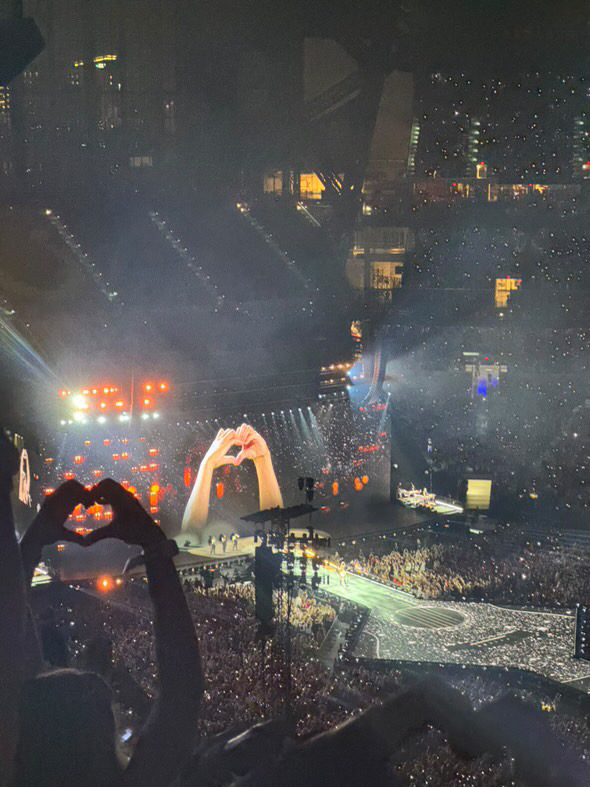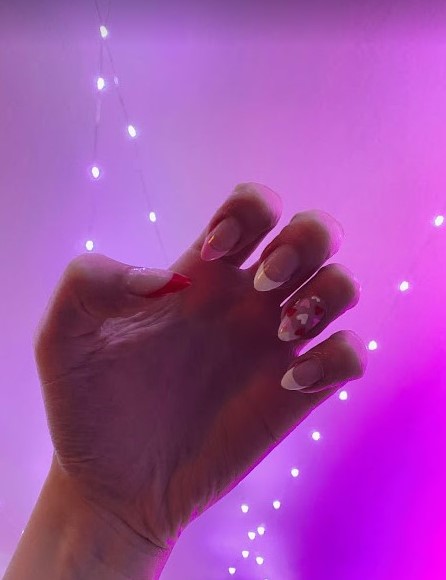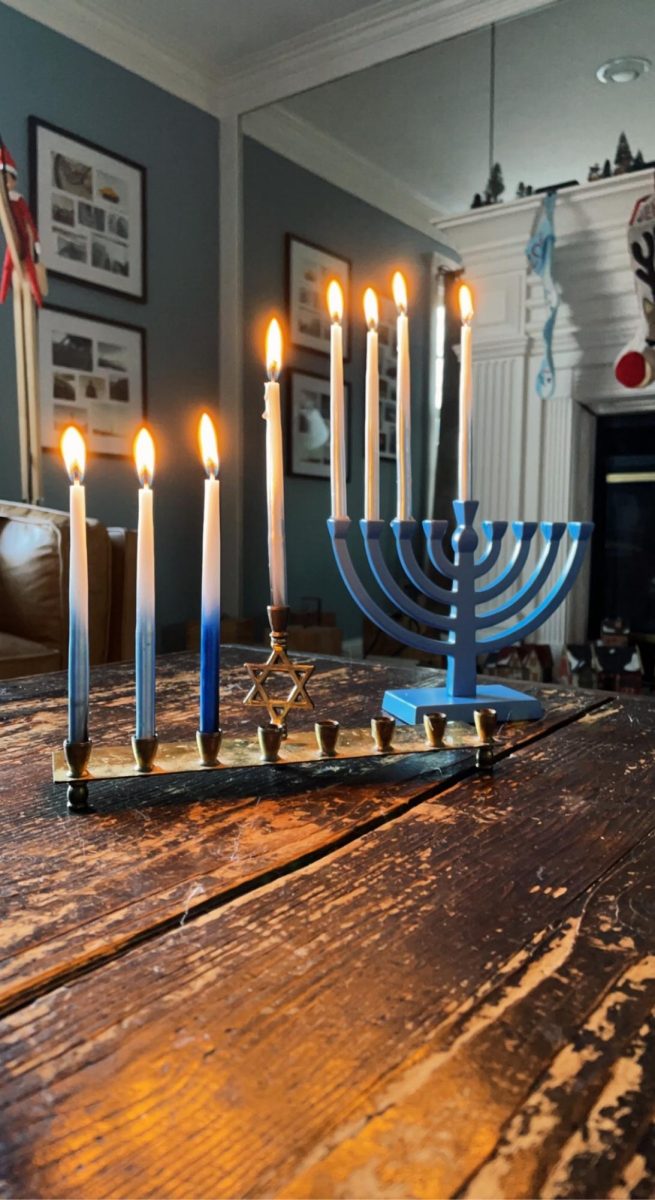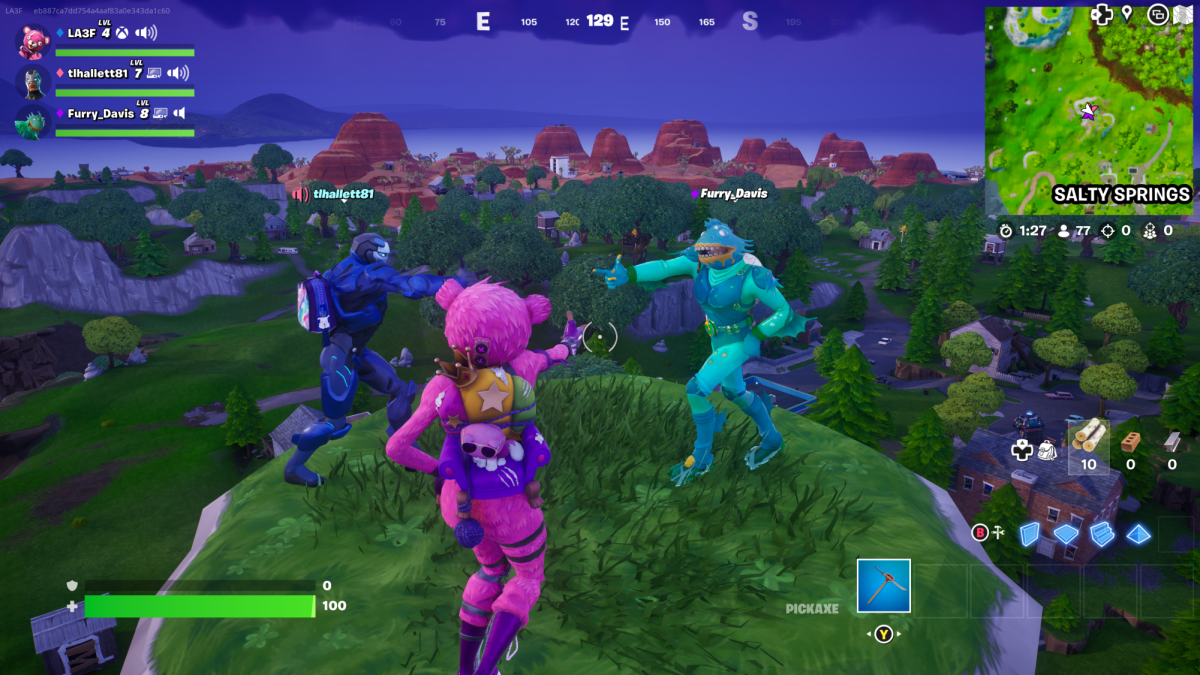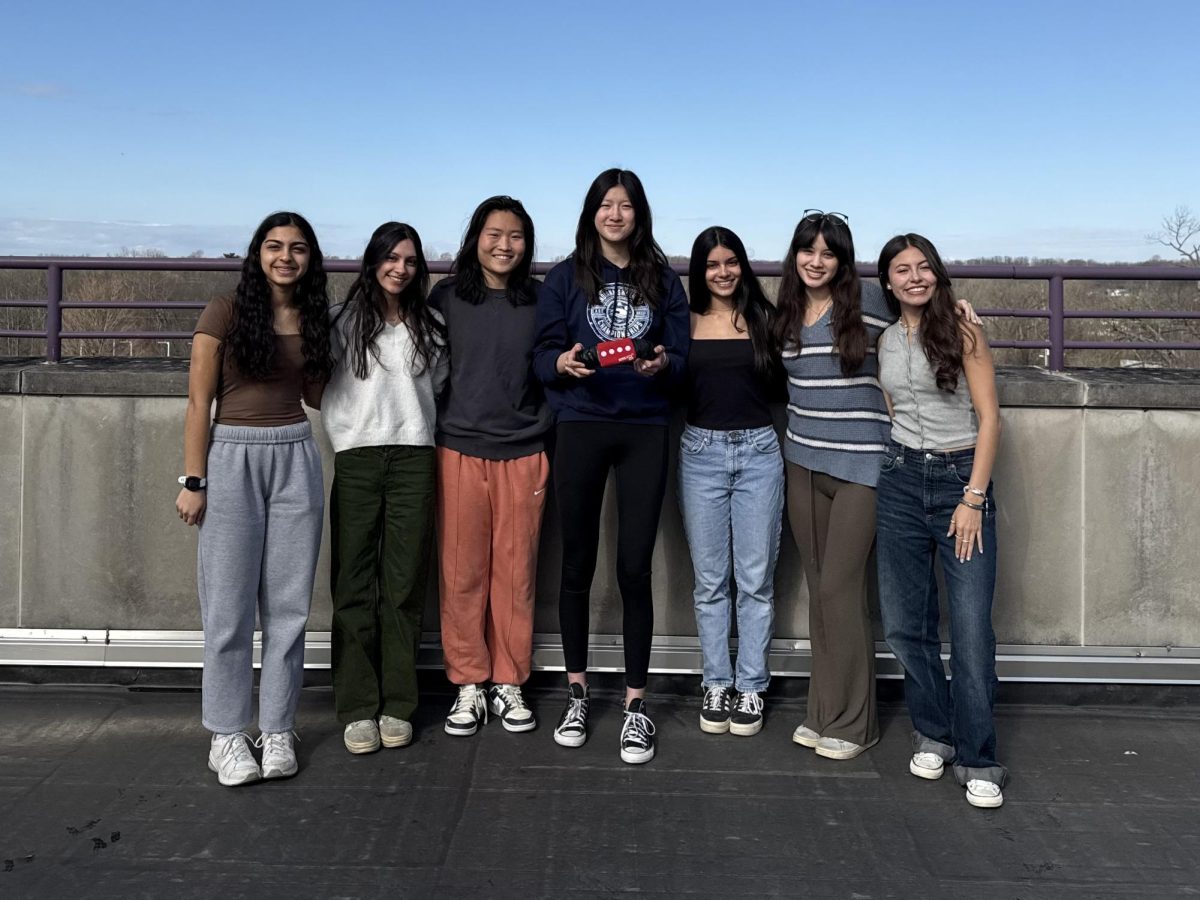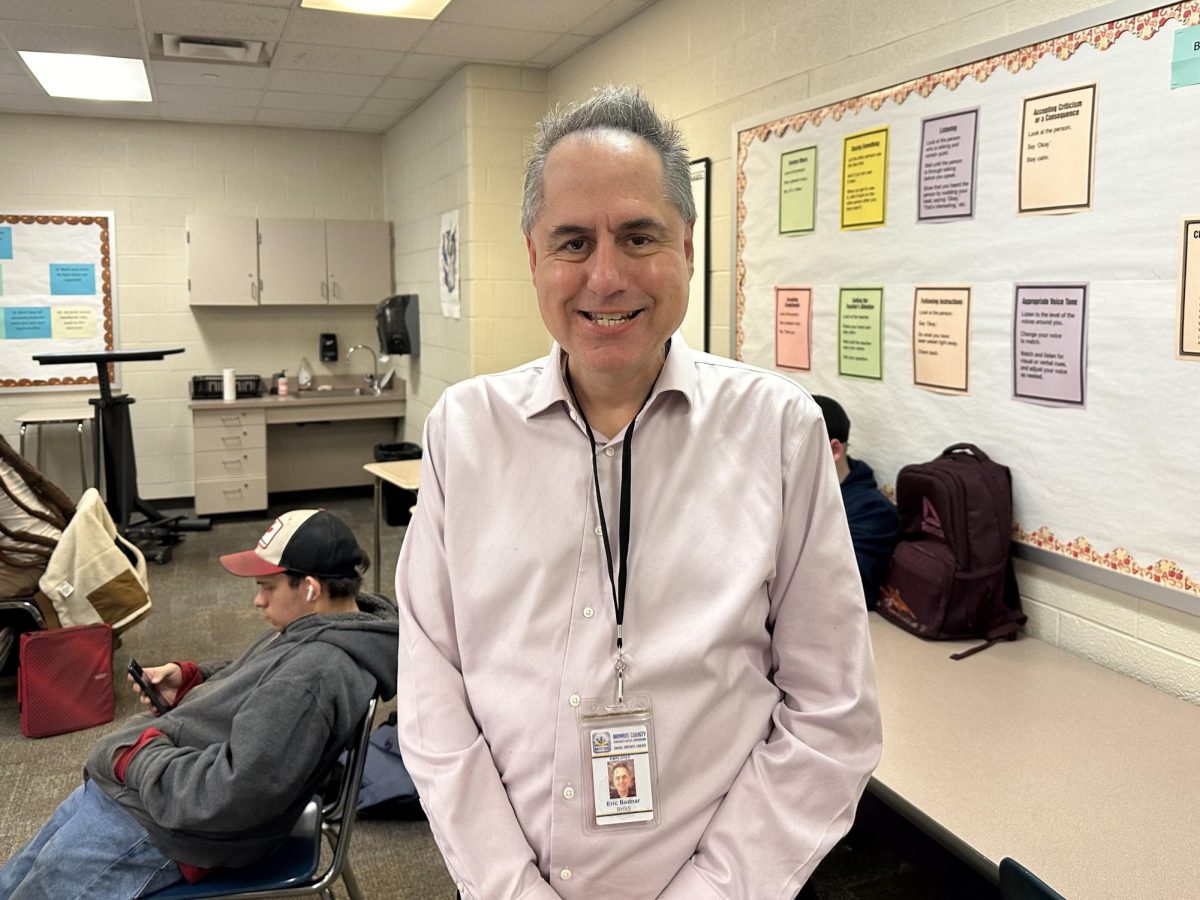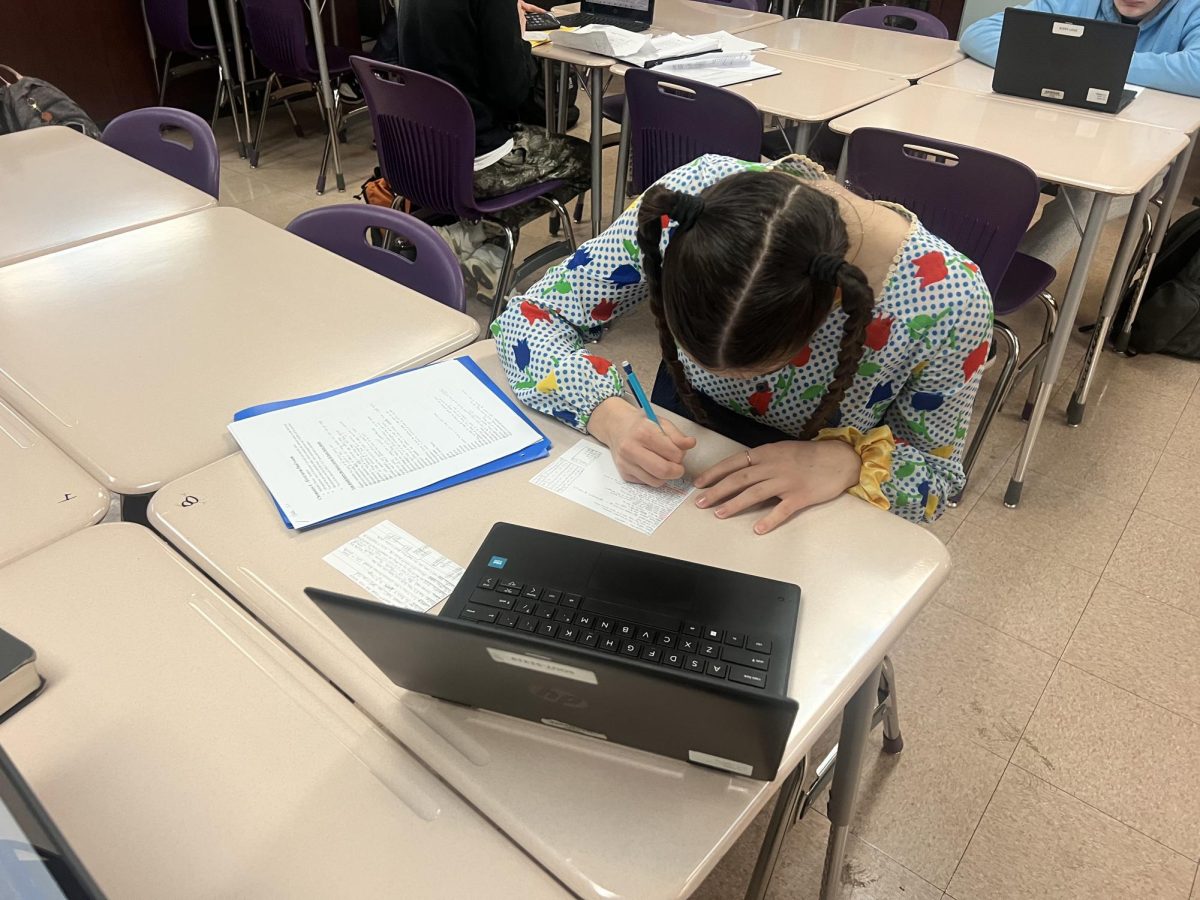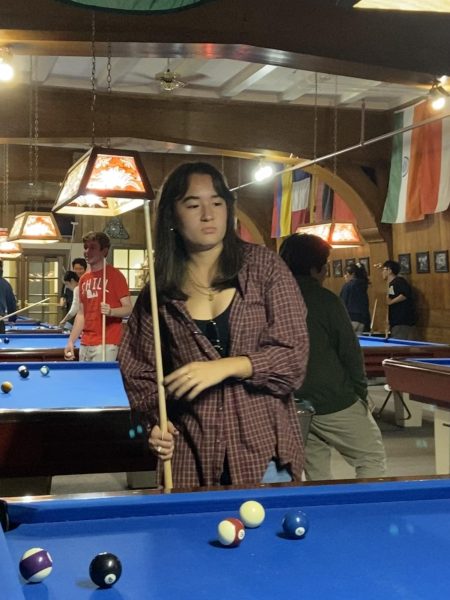It was 2007, and my youthful parents excitingly planned their daughter’s first vacation, a trip to San Antonio and the tourist traps that encompass it. My mother brought me to the Alamo, where a random woman approached us. She began to graciously thank my mother for her new adoption, praising and applauding her. Though I recognize how wonderful adoption is, I am not adopted.
This woman failed to appreciate the possibility of multi-racial couples and families. She assumed the backgrounds of those around her and most likely considered herself a hero for it. My mother was too stunned to correct her, and by that point, she had already walked away.
Later that night, my family decided to dine at a nearby restaurant. To their surprise, the same woman from earlier was there. Yet again, she approached my mom but apologized for her misunderstanding. Of course, this was only after seeing my father. She managed to end the conversation on another sour note.
“Oh, I should’ve known better! My friend is oriental,” leaving my family shocked for the second time that night. In an attempted apology, their seven-month-old daughter was called a marginalizing and outdated term used for rugs.
This familiar feeling haunted me as I read the newest trending article. An Indiana University student was stabbed in the head because she was Asian. My heart sank into my stomach, and my mind raced. This is what my parents have warned me of throughout my life, the reason I’ve had to be aware of my surroundings.
Looking back, hearing racist comments during my childhood felt more innocent, or at least I always hoped it was. Growing up in a small town in Ohio, I attended an elementary school with only four other kids of color in my grade. I remember dreading recess from kindergarten to second grade because of the boundaries I was learning quickly. The new friends I made would walk up to me and say some version of, “Awww! You have tiny, little Chinese eyes!” Then, proceed by pointing, polking, or tugging at my eyes. I had no idea what they meant or how to respond, but I always knew I hated it. I would just have to stand there and listen to it; every day for years. At the impressionable age of five, I should’ve been learning to color in the lines with the other kids. Instead, I was made aware of the threats in the unchanging world around me. But it’s okay because kids don’t know any better yet, right? This lame excuse allows a racial divide for children all over the world. Little kids of color have their identities skewed in their own minds at a young age, only to justify the ill-education of the majority because it’s “too early” for proper teaching. If teaching kids about cultural morals is too much, I ask you to adjust your views first.
While the idea of teenagers finally understanding these frustrations is comforting, it’s not near true. Just a few weeks ago, I overheard a conversation in the lunch room. I watched someone pull their eyes back, turn to their Asian friend and do an “Asian” accent. His friend didn’t know how to respond and was quiet. They both saw me watching and turned red. He insincerely said, “Oh, my bad. I was making fun of him, not you.” As if making the center of his joke obvious, he could magically take back the hatred in his words. By making fun of only his “friend,” he could un-skew the perception I have of my inherited facial traits. But other times, you get lucky, and the remarks are less recognizable. A substitute teacher confuses you with the other Asian girl in your class. Or random people assume you can help them with math homework. When recognized, your heart still sinks to your stomach the same. You feel this sting creeping over you while you lose respect and hope for your community.
The most frustrating part of the “Asian Experience” is the need to tell it repeatedly. The feeling that people won’t understand until they read an “eye-opening” essay or until you share your bubbled-up stories. People need to see lives risked before they want change. Or they need a local story to make national news before they click on it. They skim articles and repost them, only to appear enlightened. People of color are forced to be aware of surrounding threats, and it hurts to see recognition only after a woman’s life was terrorized.

